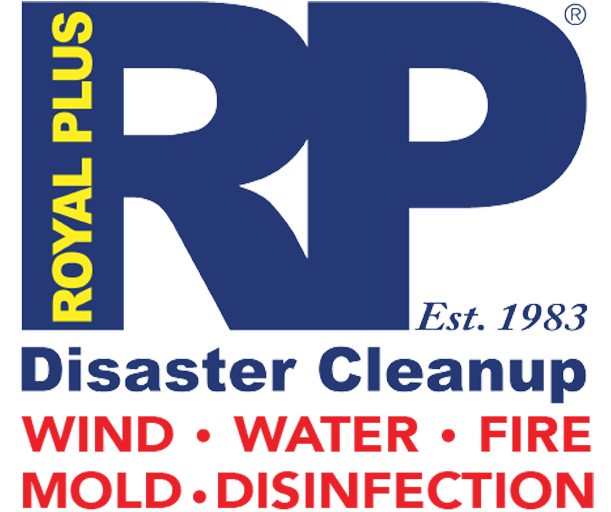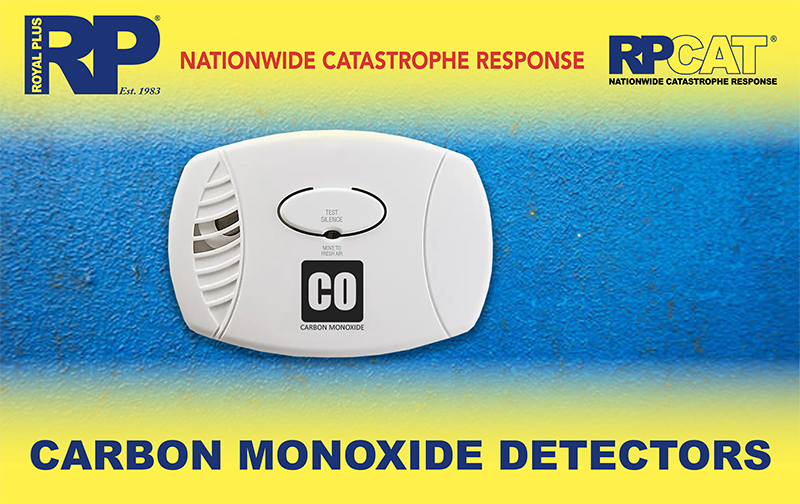When it comes to home safety, we often focus on the basics like smoke alarms, security systems, and locked doors. However, there’s another silent threat lurking in many homes that often goes unnoticed—carbon monoxide (CO). This odorless, colorless gas can be deadly if not detected in time. That’s why having a CO detector in your home is crucial for safeguarding your family’s well-being.
What Is Carbon Monoxide?
Carbon monoxide is a byproduct of combustion. It’s produced whenever a fuel, such as wood, gas, oil, or charcoal, is burned. Common household items like gas stoves, water heaters, furnaces, and even fireplaces can produce CO when they’re not functioning properly. The danger is that CO can build up in your home without you even knowing it. Unlike smoke from a fire, carbon monoxide has no smell, no taste, and no visual indicators—it can seep into your living space and put your family at risk while you remain unaware.
Why Is Carbon Monoxide So Dangerous?
Carbon monoxide poses a serious health risk because it interferes with the body’s ability to carry oxygen. When inhaled, CO binds to hemoglobin in the blood more readily than oxygen does, which means less oxygen can be transported to vital organs and tissues. This can lead to symptoms ranging from mild (headache, dizziness, nausea) to severe (confusion, unconsciousness, and even death). The worst part? Symptoms of carbon monoxide poisoning can mimic common illnesses like the flu, which is why many people don’t recognize the danger until it’s too late.
How CO Detectors Can Save Lives
Just like smoke detectors alert you to fire hazards, carbon monoxide detectors alert you when the levels of CO in your home reach dangerous levels. Having a CO detector can make the difference between life and death. These detectors are specifically designed to monitor the air for the presence of carbon monoxide and sound an alarm when dangerous levels are detected.
Key Benefits of Installing a CO Detector
- Early Detection Saves Lives
CO detectors provide a crucial early warning system, giving you time to evacuate your home or take action before the gas becomes life-threatening. The sooner you react, the less damage carbon monoxide can do to your health.
- Peace of Mind
Knowing that you have a CO detector in place offers peace of mind. Whether you’re at home or away, you can rest assured that the device will alert you to any issues, giving you more control over your family’s safety.
- Prevents Long-Term Health Effects
Chronic exposure to low levels of CO can cause long-term health issues like memory problems, confusion, and heart complications. A CO detector helps prevent these risks by ensuring you’re aware of carbon monoxide exposure before it becomes a problem.
- Affordable Safety
CO detectors are relatively inexpensive compared to the cost of a hospital visit or, even worse, losing a loved one to CO poisoning. The small upfront cost can save you from much greater emotional and financial pain.
Where Should You Install a CO Detector?
To get the maximum protection from your CO detector, it’s important to place it in the right spots:
- Near Sleeping Areas: Install a detector in or near the bedroom, so it can wake you up if the alarm sounds at night.
- On Each Floor: A CO detector should be placed on every level of the home, including the basement and attic.
- Away from Combustion Appliances: While it should be close enough to monitor CO levels, avoid placing the detector right next to furnaces, fireplaces, or stoves, as this could lead to false alarms.
Regular Maintenance of Your CO Detector
Just like your smoke detector, your CO detector needs regular maintenance to ensure it functions properly. Check the batteries monthly, and replace them at least once a year. CO detectors also have a limited lifespan—usually between 5 to 7 years—so be sure to replace your unit when it reaches the end of its service life.
Conclusion
A carbon monoxide detector is a small investment that can make a big difference in protecting your family. It’s an essential part of any home safety plan, ensuring you’re alerted to a potentially deadly gas before it becomes a serious threat. Don’t wait until it’s too late—make sure you have a CO detector in your home and test it regularly. Your family’s health and safety are worth it.
Stay safe, and take proactive steps to protect what matters most!




Recent Comments